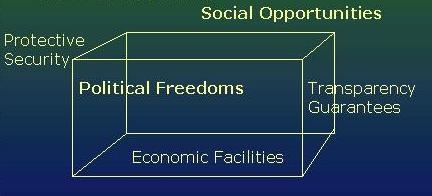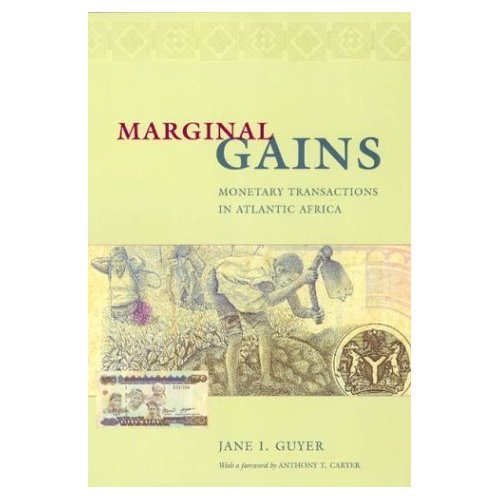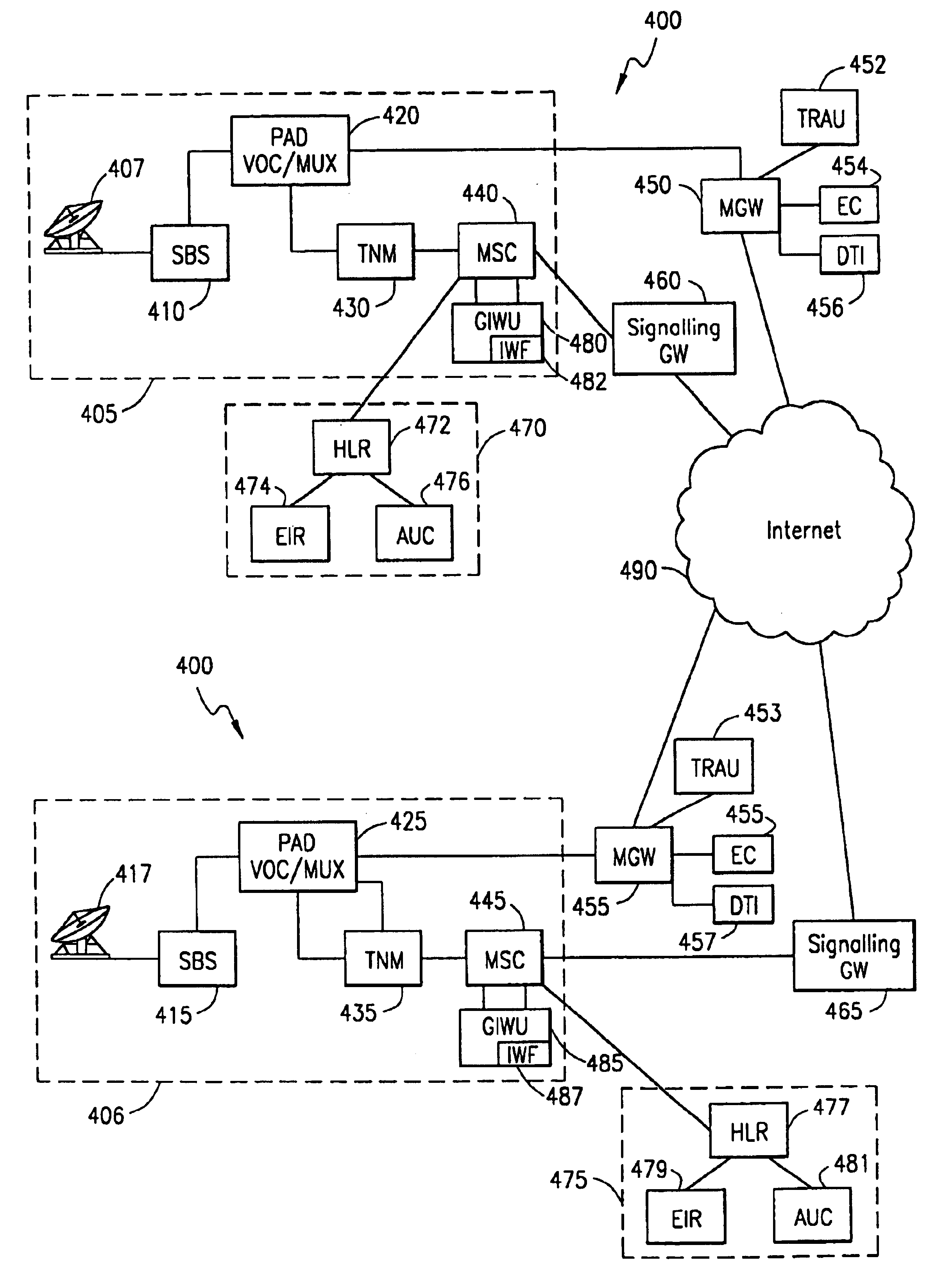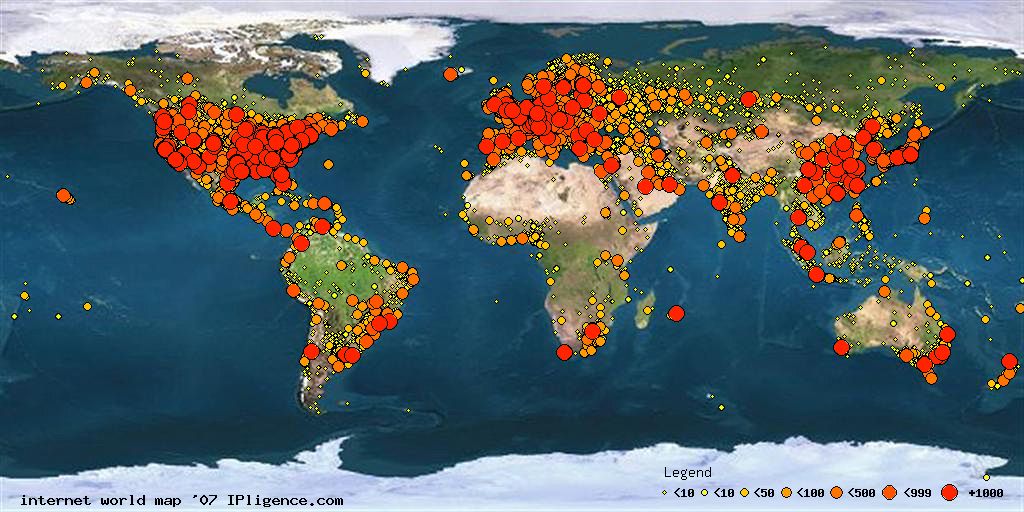The MacBride Commission’s 1980 report to UNESCO, which formulated the basis for the New World Information and Communication Order (NWICO), and eventually for the WSIS, concentrated on global issues of media and communication. Among the many themes investigated in the report that resonate today, the role of international governance bodies for both fostering and regulating media and communications stands at the fore. In particular, a lingering dissonance between institutions’ stated purposes and their effective practices highlights the longest-standing struggles incumbent upon global IT governance.
Continue reading
Tag Archives: Reflection

Reflection – Appadurai, Pogge, Singh
The ethical position taken by academics and intellectuals with respect to the objects of their attention – research, theory, intervention – arises from a combination of environmental, institutional, and personal (i.e. political) commitments. When those commitments come into conflict, the ethical positions taken or implied by knowledge producers face the possibility of transformation. And, where globally interconnected lives at both macro- and micro-scopic levels are concerned, the conditions of possibility of change are omnipresent and intense. Arjun Appadurai (2000) summarizes the root of these conditions as a “growing disjuncture between the knowledge of globalization and the globalization of knowledge.”
Continue reading

Reflection – Sen – Development as Freedom
One is struck, floating through Amartya Sen’s argument in Development as Freedom, by the sheer complexity that policymakers face when confronting entrenched conditions of poverty, inequality, and coercion. Incentives to increase productivity or efficiency in markets cannot, in themselves, abate these structural problems, because the aspects of development that bolster economic agency must simultaneously address governmental and cultural practices. Sen’s position, then, that freedom is both instrumental to development and constitutive of it, comes as a concrete and coherent rejoinder to those whose assumptions that certain cultures depend on illiberal traditions to function. Continue reading

Reflection – Jane Guyer
The economic anthropology of Jane Guyer, concentrated on Africa’s western and equatorial regions, finds rich expression in this collection of the Lewis Henry Morgan lecture series delivered at the University of Rochester some fifteen years ago. Guyer’s methodological reflexivity brings her implicit and explicit critique to bear on both traditional anthropology and traditional economics, the result of which is a nuanced, multivariate logic of exchange and decision-making that brings close contextualization to the fore of questions that might otherwise veer impossibly into the abstract. Historically grounded and empirically driven, Guyer elucidates the curious interplay between formal and informal markets in Atlantic Africa, particularly the role of circulation of multiple currencies at once. Continue reading

One Year in Internet Architecture
On the simple basis of experience, one ought not to hire a graduate student in a humanities/social science/philosophy/etc cultural studies program for technical AND operations work in an internet architecture (or any professional services) firm. But temporary work is the order of the day for academia, and so too for the summers when its laborers are fully, not just effectively, unpaid. So it was at the tail end of a long, frankly brutal summer of odd jobs and the freelance whateverer hustle that a Craigslist ad for office work found an applicant in a tired, frustrated, untrained pseudo-intellectual. The firm hired the applicant to file paperwork and clean up the (four-person) office and get coffee – nothing an intern couldn’t have done, but the summer crop of interns was heading out and the fall crop hadn’t yet arrived, and so hail to the precariat. During the interview, the CEO and co-founder asked about passion, about worldview, about habit, and about (of course) technology. He also asked – and this applicant took it for a trick question – after an entrepreneurial spirit. The answers were forthright but somewhat made up on the spot. But it fit. Continue reading

Reflection – U.N. Human Development Report 2001
A decade ago, we imagined development in the context of technology as a sprawling task, beset on all sides by uncertainty and ambiguity about the course of global information flows. As evinced by the United Nation’s annual report, policy and the economy together undergirded the activity of development, while a tangle of both instrumental and classical understandings of available data spanned our understanding of the data that impacted those twin pillars. Our ability to comprehend the status of efforts towards development in historical context – and the technological frameworks through which we formed and communicated that comprehension – put world-views at stake for both developers and those becoming-developed. Meanwhile, we left assumptions of the direction of developmental progress untroubled by ongoing global shifts in technological and cultural patterns. Continue reading

Reflection – World Bank Development Report 1998-1999
A decade ago, we imagined technology in the context of development as a duality: challenge and opportunity. The World Bank’s research and rhetoric laid bare the stakes of their development strategy, through which knowledge in its macro-level forms – instrumental and qualitative – could be either directed through technology, or allowed to continue to accrue as an asset for already-well-positioned groups. Their understanding of the relationship between power and governance played a crucial part of this strategy. However, as the implications for policy put forward by the report make clear, this epistemological schema does not inquire after the roots of globalization or the impacts of changing forms of sovereignty. Continue reading

Lessons, Connections and Directions
The summer now underway, it’s a good time to take stock of gains, setbacks, and lessons learned from the semester. This post simply reviews the three sets of work undertaken over the past few months, and then try to detail the priorities and next steps necessary to continue progress towards the dissertation. Between materials, structures, and approaches, more incommensurability than contiguity prevails – yet weak ties persist in imagination and in theory. Broadly speaking, both epistemological and methodological considerations justify holding all three in concert, as parts of the long-term and focused project. And yet this can only hint at a strategy, it seems, and my largest outstanding challenge will be to find the coherent framework that unifies or at least governs the relationship between each of these schools of thought. Continue reading
Reflection Essay
This semester, I worked hard to grow as a student, particularly focusing on how much and how well I could use more than one discipline to solve problems. In “Looking at Photography,” I used a combination of formal analysis of photographs, close reading of source texts, archival research into photography collections, and interpretation of their status and use as cultural objects, to look at some topics and techniques in photography that were something other than representational. I had to innovate when it came to showing the photographs I discussed, because the technology available did not allow for printing the images in color, let alone at photographic quality. So I created a Picasa album online to store the images electronically, and provided the professor with a link to that album. In this way, he could view the high resolution images in color while reading the paper. This also avoided the problem of the images interfering with the text, or having to flip to the back of the paper in order to view them. By the time I had to make that decision, though, I had been prompted in many other ways to use various media to their fullest effects.
In “Media Theory and Visual Culture,” I engaged my final topic, media literacy, by combining visual and textual analysis of media objects. I also employed close readings of both theoretical and architectural frameworks of the various media systems I examined, as well as interpretation of the intersection between technology and society. Weekly input in “Media Theory and Visual Culture” was also useful for understanding that intersection. The seminar format combined with the open-source wiki that we used as a platform each week. Each of us to could put our own perspectives on the week’s readings into an archived, malleable conversation that both supplemented and engendered class discussion. The visual reminder of how differently each student approached the topic of the week was an inspiration to diversify the ways in which I could work to solve a problem.
For my 505 midterm essay, I sought to bring organizational communications into conversation with interpretive cultural criticism, in order to describe GoCrossCampus as an example of an online “communications complex”. In this particular project, I failed take full advantage of the potential of the concepts I appropriated and developed, because I did not fully engage either specific discipline’s perspective before attempting to combine them. However, I cannot leave out the group project from a consideration of my interdisciplinary work this semester. In our case, we worked with criminology and social psychology to examine the phenomena of email and text message alert systems. In that group, the heterogeneity of our members led to success in dividing and combining our strengths, from the conceptual development of our project, to research and compilation of sources, to interviews and surveys of subjects, to technological construction of the presentation, culminating in the rhetorical delivery of the presentation. In general, the larger discussion section in which I participated this semester was just as successful, since our various perspectives helped to dissect the readings from each week as well as to clarify the broader contexts and specific implications of each module.
Despite mixed results and some ambiguities about my methodologies, I feel far more comfortable working between and across disciplines by the end of this semester than when I began in August. That comfort level has also translated into more confidence in setting my own goals and taking control of individual projects, solving problems, and valuing collaboration between other members of group projects. I am beginning to understand how a problem changes when more than one discipline begins to question it.